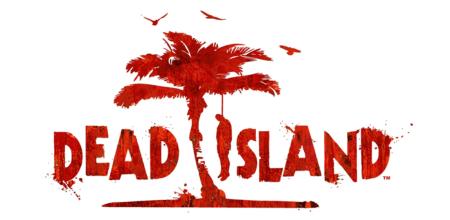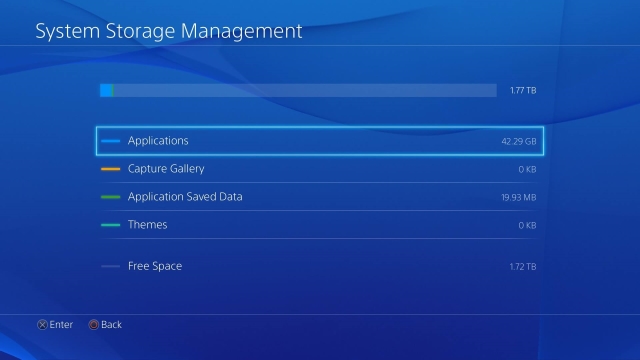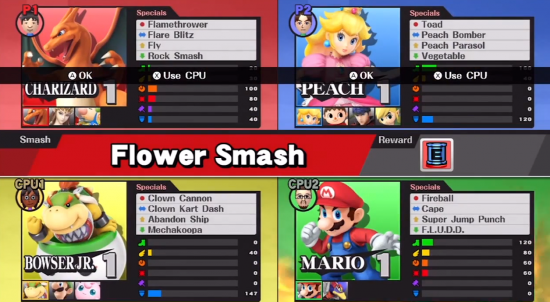

It appears not everyone around the world is as keen with Internet memes, gifs, and silly videos as Americans are.
@EATSTREET This combines America's two favorite things…. pizza and cat memes…. pic.twitter.com/fZEnLTlYCw
— 646guy (@646guy) October 20, 2015
Academics and professionals describe interactions between the world wide web and people as Internet Culture. These online interactions, which can be good or bad, take place on forums, social media services, news outlets, and various websites, such as makeuseof.com. And yes, trolling is a big part of these interactions.
However, a lot of what is being studied are interactions between the world wide web and people living in North America, which seems to be diluting the definition of what Internet Culture really means.
Internet Culture in America is more or less known by how people in North America interact with the web.
According to Buzzfeed, a popular website with a global audience of more than 200 million, a lot of what gets viewed or shared on their website is dependent on the country. For example, people in France are more likely to share political content, whereas people in North America are more likely to share cat memes.
Scott Lamb, a VP for Buzzfeed, told a French paper,
“In France, articles about cats don’t work.”
Even more interesting is the work done by An Xiao Mina, who researches how memes are used around the world.
In the video above, she explains how people in China used memes to better explain a tragic accident that occurred in the country. She explained that this type of art is important, especially in China, where Internet censorship is a very real thing.
Memes in China have become a form of political expression to get past the censorship policies #nowyouknow @scottlamb #digsouth
— P. Chase Hendley (@pchendley) April 11, 2014
To better understand Internet Culture, I decided to conduct a survey. The participants of the survey answered a simple question: “What does Internet Culture mean to you?
The responses I received were very interesting.
Participants in the United States focused more on the Internet as a means for relaxed conversation or browsing, with one answer stating, “Internet Culture tends to be casual – cat pictures, memes, whatever. It’s definitely growing as a means to share political or academic information, though.”
A cat just won the 'Hotline Bling' meme competition https://t.co/1tIqyfzf3Z pic.twitter.com/8D2yKXpplB
— The Independent (@Independent) November 7, 2015
In Turkey, the view of the Internet seems to be more politically focused. One such answer I received was, “For me, the Internet is a tool for communication and information,” which might especially be important as the country regularly experiences government censorship on social media sites, and just recently experienced a media blackout ahead of an important election.
#penguins are the symbol of the #revolution in #Turkey #viral #memes #digsouth @scottlamb
— Charlotte Shea (@seeSheabot) April 11, 2014
An answer I received from a person in Russia read, “The Internet varies from person to person, and could be different for the same person depending on their age.” This seems to answer why there might be so many different memes of Russian President Vladimir Putin, who the country has said they largely support.
http://t.co/C8nObuTik3 Vladimir Putin is the most inspirational personal trainer on Instagram (The Verge) pic.twitter.com/k6OdPXxW7P
— Popular Feed (@___popular___) September 9, 2015
And in England, the answers were more or less comedic, with one participant saying,”the Internet is the slow death of the handshake.”
Whatever the political situation, the British seem to face their troubles with humor, which is no different than how they view their Internet. A cheeky meme or two on the political shenaningins of the day is definitely a common sight and mostly appreciated, as, in my humble opinion, British humor is mostly hilarious.
British Meme ???????? pic.twitter.com/bwa6vlohvR
— SIXgunBANDIDO (@SIXgunBANDIDO) October 27, 2015
Depending on where you live, your view of the web might be completely different than that of someone from another country.
An American is more or less likely to take to the Internet in a casual manner, as is evidenced by content shared on Buzzfeed and from the small sample of answers I received. This doesn’t mean that there isn’t serious content created or shared, it just implies that Americans view the Internet in a more casual manner than other countries, such as France.
Speaking of France, political content is said to be shared and viewed more often in the country. Again, other content is most certainly enjoyed, but political content seems to largely dominate French websites.
In China and Turkey, people focus more or less on how to express themselves under the guise of censorship, which often spurs political and more serious content.
Obviously, the culture of the Internet is a difficult term to define, as people are always changing and expressing themselves in different ways, but certain trends do seem to point in certain directions, depending on where you live.
Perspective: Promoting the culture of respect | Laiq Ahmed Atif https://t.co/MpvaD47SqJ pic.twitter.com/k7MoJkePq2
— Rahmat Ali (@RahmatAli) October 27, 2015
So, consider Internet Culture differences when you interact online with people from around the world. You just might understand more of where someone is coming from.
What does Internet Culture mean to you? How do you mainly use the web? Tell us your thoughts in the comments below…




 Big Changes Are Here In The League Of Legends Summoner's Rift Update
Big Changes Are Here In The League Of Legends Summoner's Rift Update Fallout 4: Butchers Bill 1 walkthrough
Fallout 4: Butchers Bill 1 walkthrough Find out How to Dominate Smash Tour with This Guide
Find out How to Dominate Smash Tour with This Guide Best horror games for Android
Best horror games for Android MGS 5 Phantom Pain: Quiet - All information about silent sniper
MGS 5 Phantom Pain: Quiet - All information about silent sniper